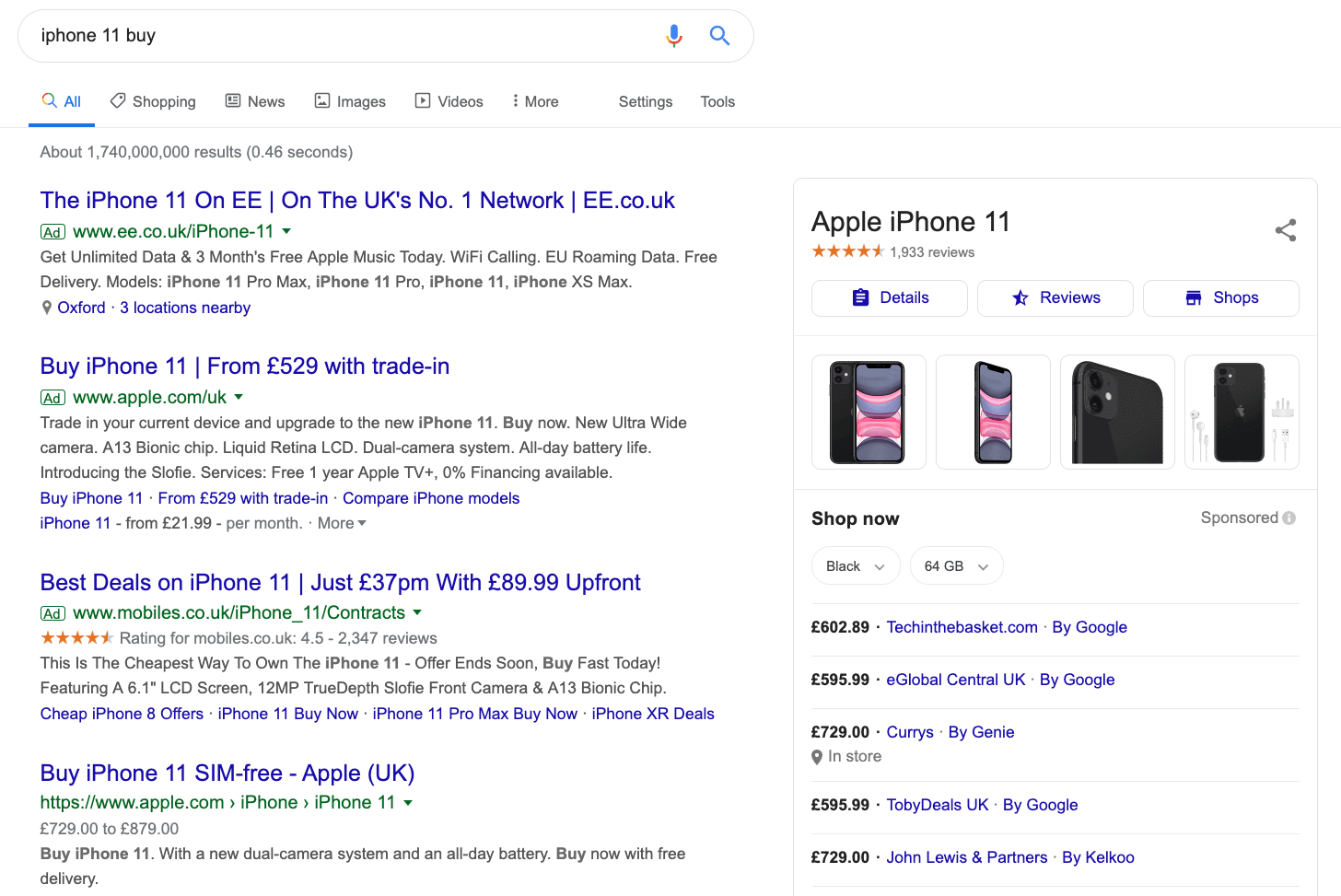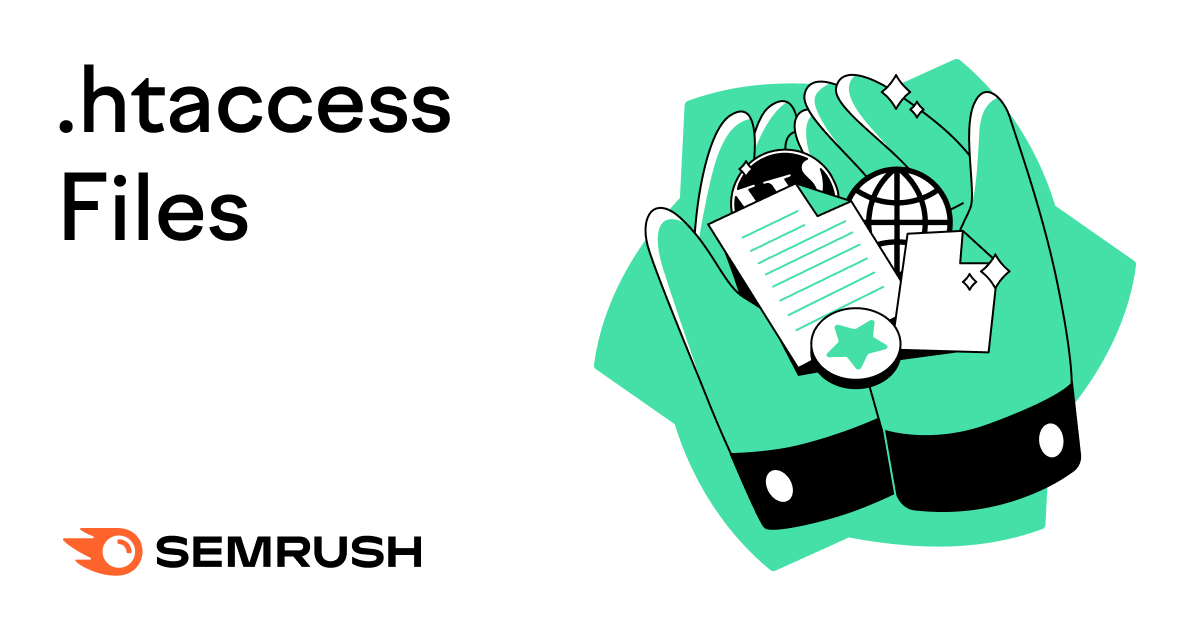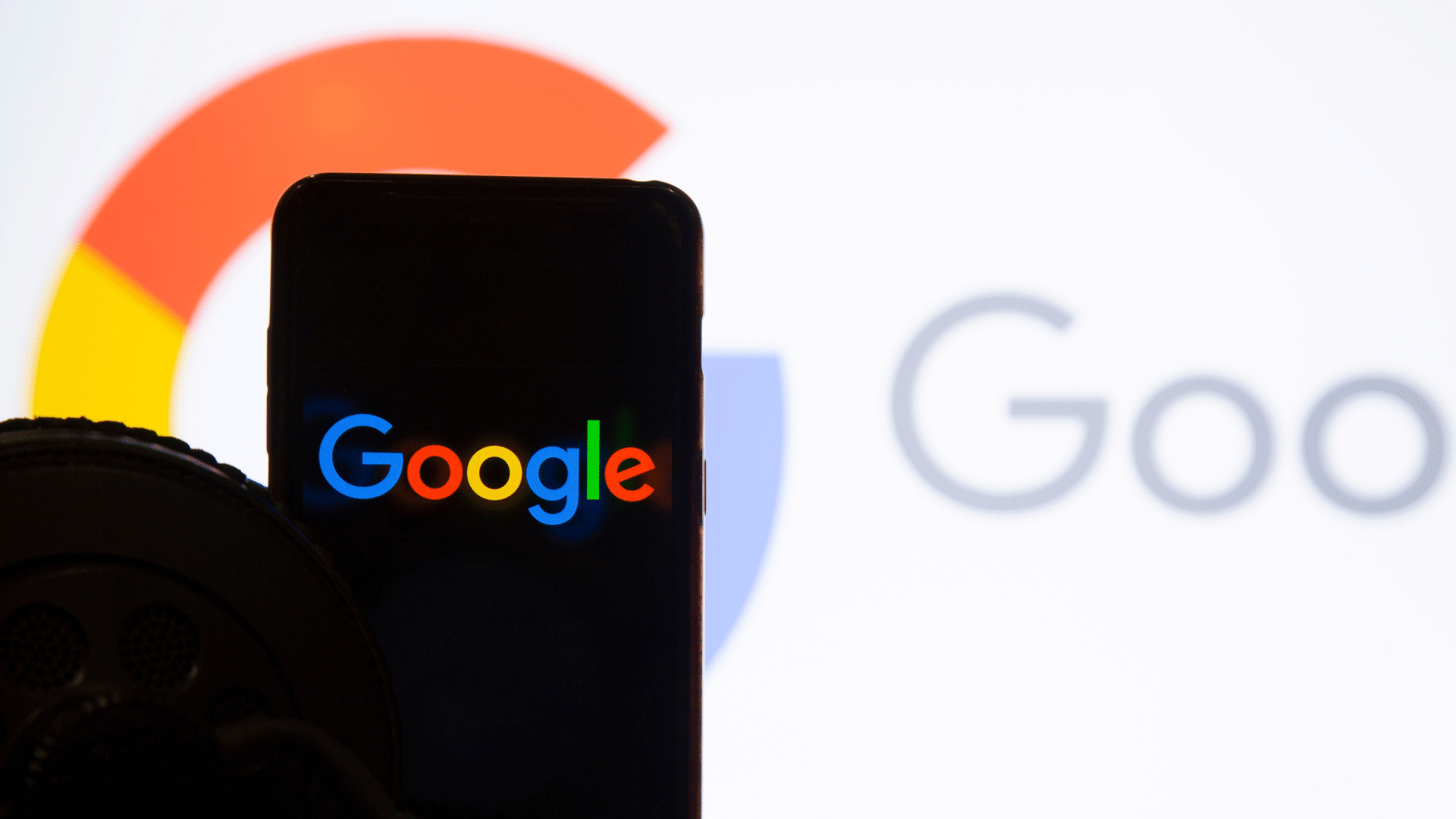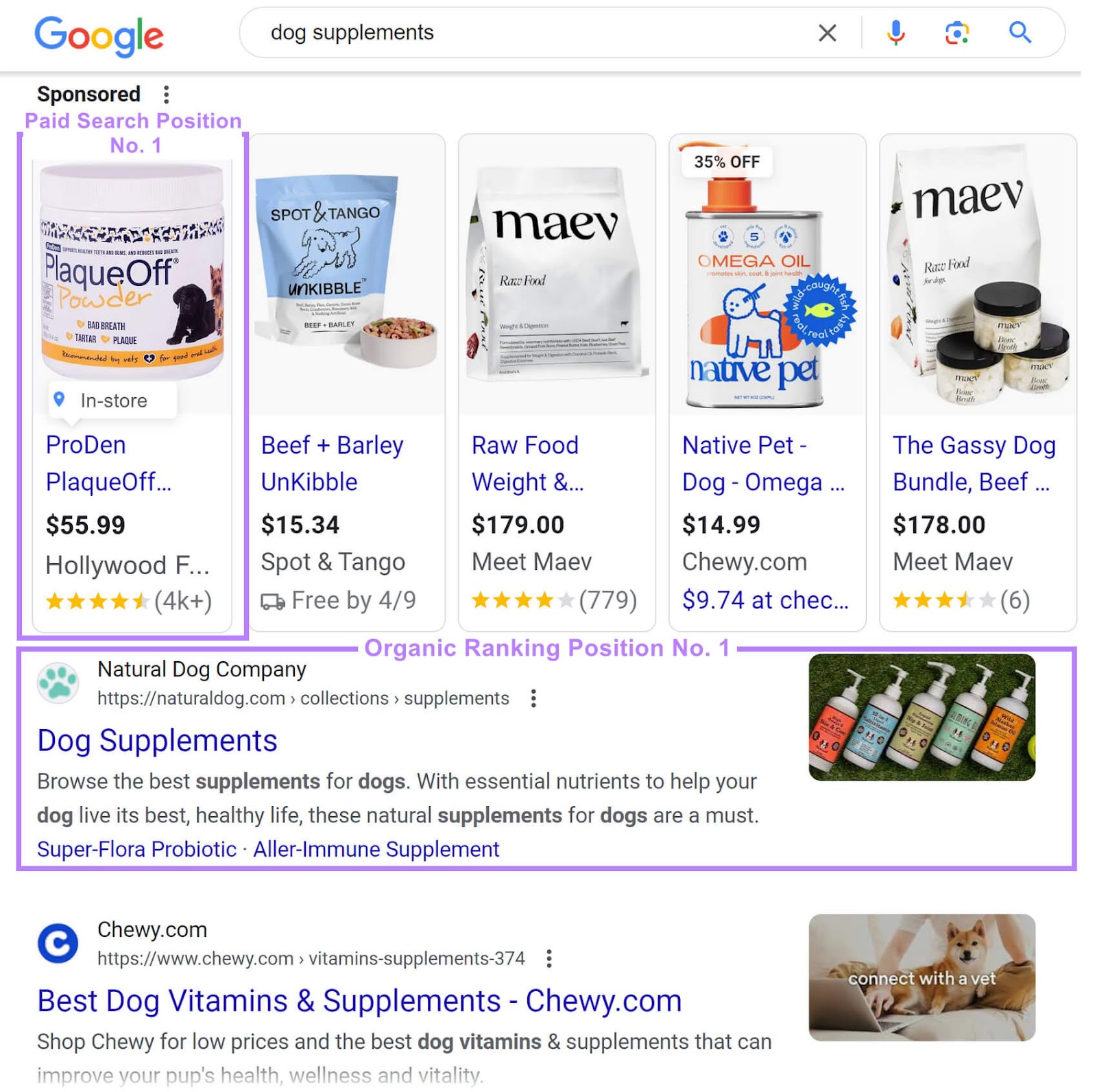
We use search engines for a variety of different reasons; to get information, look for a specific website, make a purchase and to research future purchases. In each case, the search intent is different, as is the information we expect to see from the search engine.
For many years Google have honed their algorithms to understand the intent behind search queries and serve results that help users complete their goals. Recent Google algorithm updates, such as RankBrain and BERT, use complex machine learning to understand search intent, meaning it’s more important than ever to consider this in your SEO strategy.
Observe the landscape
Search intent is now ingrained into Google’s core ranking algorithm. For that reason it’s crucial that you consider the landscape of the SERP (Search Engine Results Page) before optimising key landing pages. SERPs are made up of so many different features, from ads, to images and even videos. Google builds these SERP features by drawing parallels between the search query entered and anticipated search intent.
The 4 types of search intent
There are four different types of search intent: informational, transactional, commercial and navigational.
1) Informational search intent
This revolves around users looking for information about something. Take a look at the search query “iPhone 11 processor speed”. The user searching for this may well be in the market to buy an iPhone 11, but their intentions aren’t clear from the search, so Google returns informative SERP features such as the featured snippet and people also ask section. These features are common with informational searches like this one.

2) Transactional search intent
Transactional search intent concerns the purchase of goods or services. A search for “iPhone 11 buy” yields very different results to the previous example. The user is shown a knowledge panel SERP feature, encouraging them to shop now at competitive price points. In addition, there are three different ads at the top of the page. The user is clearly still in the process of buying an iPhone, but their search intent is a lot more clear than when they were searching for “iPhone 11 processor speed”.

3) Commercial investigation search intent
Commercial investigation intent is when someone is looking to buy a product or service in the future, but wants to do some more research before committing to purchase. When purchasing an iPhone the user may want to see what other users think of it. It is an expensive purchase after all. In this case a user might search for “iPhone 11 reviews”, which again brings up very different search results. This search query brings up a featured snippet, people also ask section, videos and a knowledge panel, as highlighted below.

4) Navigational search intent
Navigational search intent occurs when a user is searching for a specific brand, business or website. Following our iPhone example, a user with navigational search intent may want to buy their iPhone from the official Apple website, so in this case they may simply search for “Apple”.
Considering SERP Features
The predominant elements of most SERPs aren’t organic search results. They’re features such as videos and ads. Getting your website into these search features isn’t easy. You either have to have a large advertising budget, or spend a large amount of budget investing in SEO. Either way, it’s worth considering the SERP landscape before choosing one over the other. Improving organic ranking for a keyword might not be the best strategy when the SERP is dominated by ads, and vice versa.
TL;DR
Make sure you’re looking at the SERPs before focusing on a keyword. By doing this you could identify gaps in your content, a niche worth exploring further or that you’re targeting the wrong keyword entirely! Search intent has never been more important than it is right now, so do your research and plan your content to reap the rewards.



